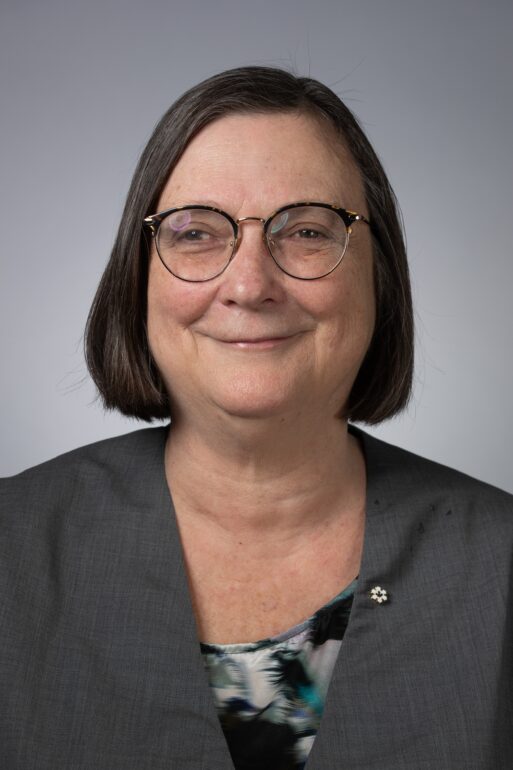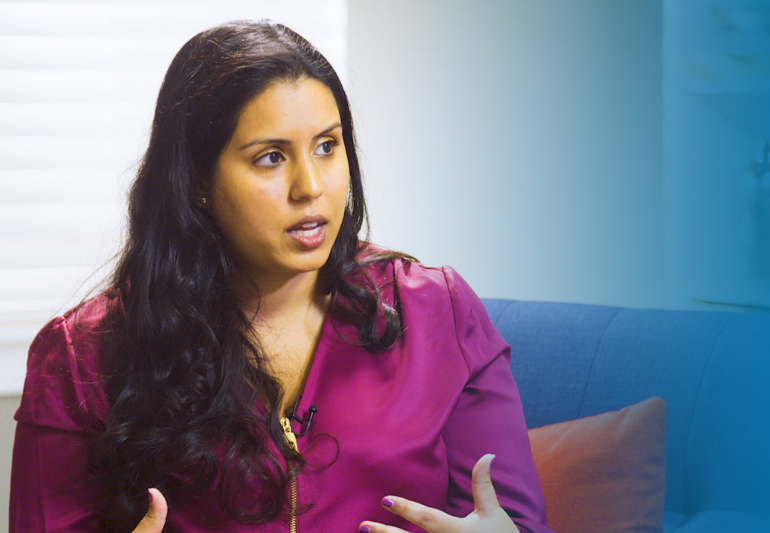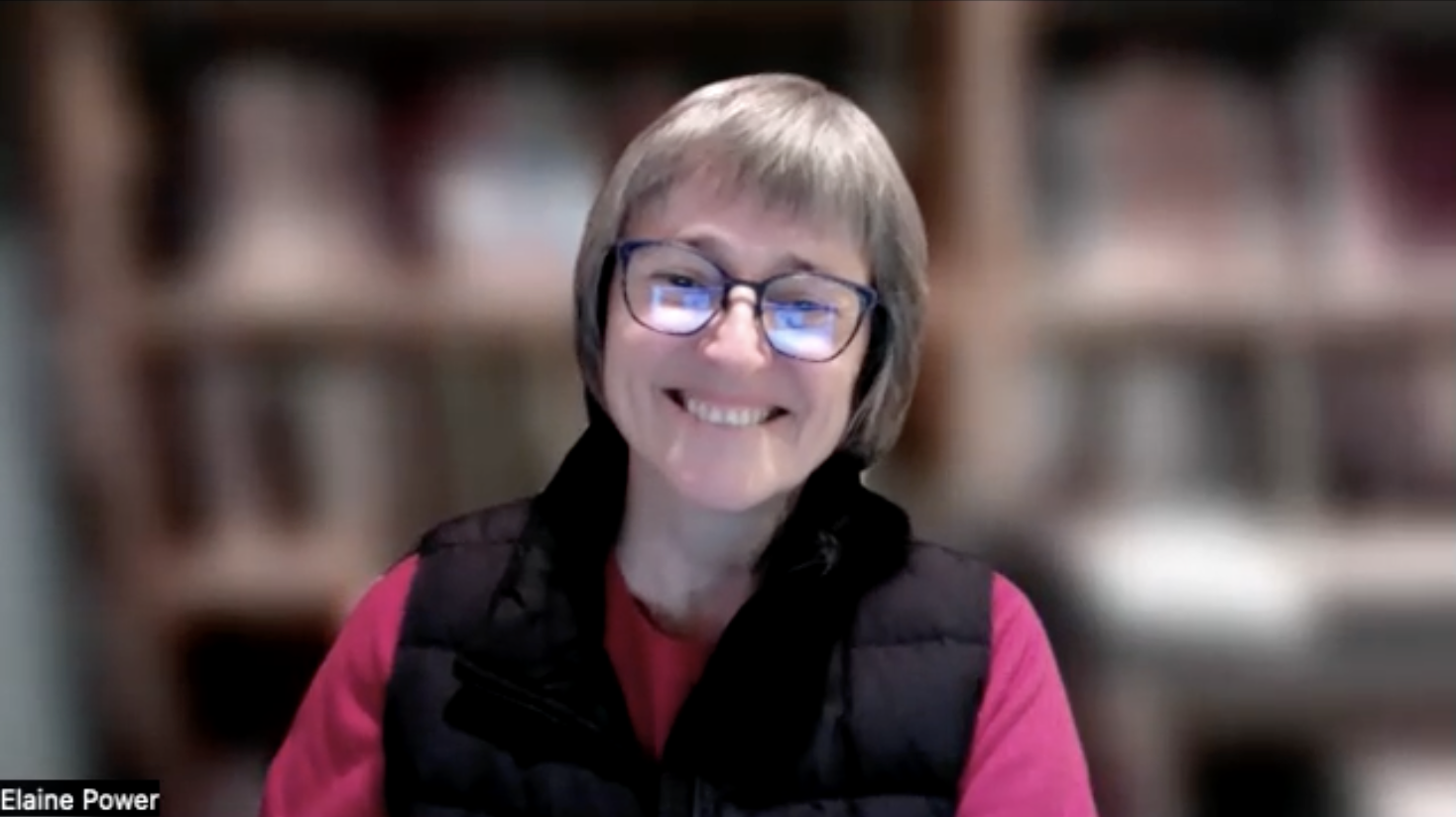The Canadian Senate is reviewing a prospective universal basic income program to address advocates’ calls surrounding the rising cost of living. While most recipients would be middle-class Canadians, experts say the money will significantly change the lives of those often left behind.
Public health researcher and food studies professor Elaine Power said that the government needs to do more to aid ordinary, working Canadians.
“I grew up thinking governments were representing the people, like a democratic government which represents ordinary people,” said Power. “I don’t think it’s unreasonable.”
Power cited the story of award-winning photographer Jessie Golem as an example. In a video by UBI Works, her current workplace, Golem said she was working four jobs to fund her dream of having a photography business before being selected for the Ontario Basic Income Pilot project in 2017.
In 2018, Golem produced a photo series called Humans of Basic Income that amplifies the stories of the pilot program recipients, which was cut about a year under the Doug Ford government.
Power said opportunities like this are about more than just money, they are about dignity.
“[People] want to thrive as human beings, not just as workers or corporate machines, [and] be able to participate in society like anybody else does,” Power said
Instead, one in 10 people in Toronto now rely on food banks, according to the Daily Bread Food Banks’ Who’s Hungry report.
“If you’re lining up at soup kitchens in order to get your lunch and get your dinner and sleeping in shelters at night, when do you have time to go and complete [job] application forms,” said Evelyn Forget, a Canadian health economist and professor at the University of Manitoba.
Worsening food insecurity also translates to massive healthcare costs, according to the latest PROOF report.
“You end up in the hospital treating things that could have been treated with much less cost or might not have happened at all if you actually had the money to take care of yourself and live adequately,” Forget said.

Evelyn Forget is a health economist, professor and the author of the Basic Income for Canadians. Her 1970s Manitoba Basic Annual Income Experiment (MINCOME) saw an improvement in residents' health and educational outcomes. Photo credit: Evelyn Forget
Forget analyzed the 1970s Manitoba poverty experiment that examined the impact of a guaranteed annual income. In The Town with No Poverty paper, she said hospitalizations for accidents and injuries and physician claims for mental health diagnoses declined for subjects relative to comparison groups.
“A simplification of those kinds of programs ends up saving [the government] quite a lot of money while making it easier for people to actually get the benefits they’re entitled to receive,” said Forget.
She cited a basic income launch in Newfoundland and Labrador, which would slash the social assistance programs from 30 to six.
“We can afford it,” said Forget, adding, that defining who’s eligible is also a way which could further shrink the cost to the government. “A basic income does not require an increase in marginal tax rates, and I think that’s the most important thing.”
Prince Edward Island also released a report on a proposed basic income model that considers benefit delivery, services for beneficiaries, compliance and verification activities.
Marginalized people may not know how to access existing social assistance or do not ask for help due to their temporary status in the country, said clinical psychologist Dr. Taslim Alani-Verjee.

Dr. Taslim Alani-Verjee speaks at an online workshop for MedCircle in 2020. The registered clinical and counseling psychologist said older adults are also vulnerable to financial stress. Their retirement plan may no longer be sustainable or they may have difficulties returning to the workforce due to discrimination. A basic income would give people something to fall back on, she said. Photo credit: Dr. Taslim Alani-Verjee
Doctors may also not be equipped to assess invisible disabilities applications for the benefit typically don’t get approved the first time, Alani-Verjee said.
“[People] don’t have the fight in them to appeal an application,” she said.
Some have had poor wages or job positions, and denied housing and affordable rent because of skin colour or where they come from, Alani-Verjee said.
A UBI would provide safety and security for those living in stressful environments so they can improve their lives and future, she said.
For instance, a new experiment in British Columbia that gave 50 unhoused people a one-time cash transfer of $7,500 found that people spent fewer days homeless, saved more and spent no less than usual on “temptation goods,” such as alcohol, drugs or cigarettes.
Incentivizing laziness is another public worry that Forget said, “may be unfounded.”
Of the Ontario pilot program recipients, nearly 17 per cent became unemployed — 40.6 per cent of which pursued further education or training, according to UNESCO Inclusive Policy Lab. In addition, among those who continued to work, 37 per cent reported improvements in their rate of pay, 31 per cent in their working conditions and 27 per cent in their job security.
A LEAF report stressed that affordable and accessible public care services, recognition and compensation of caregiving and gendered work, and shift in workplace norms must accompany a basic income. Still, advocates say it is a step in the right direction.
“We ordinary Canadians think of ourselves as kind of a compassionate and caring society,” Power said. “We would have to (have) governments that actually care.”

